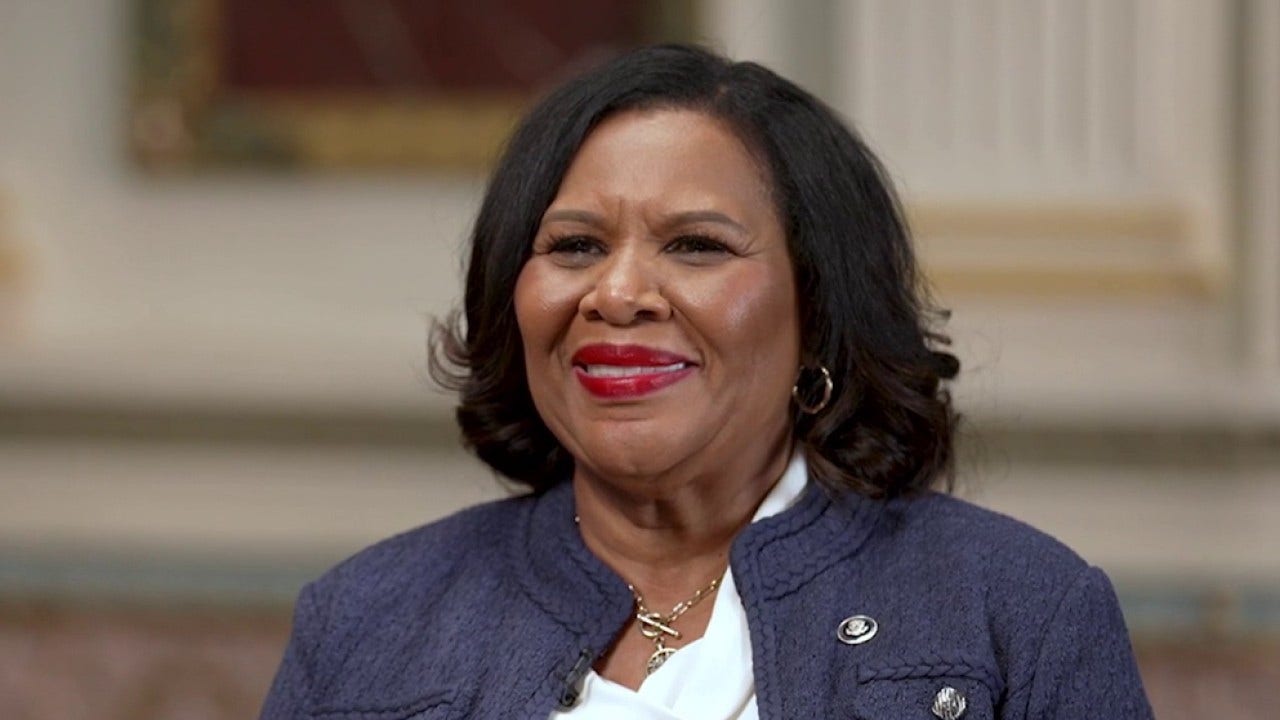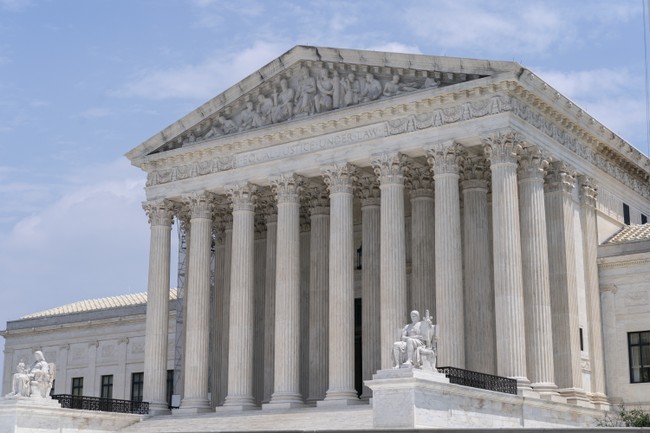Rep. Marlin Stutzman (R-Ind.) says Syria’s new president, Ahmed al-Sharaa, is signaling a shift in foreign alignment, moving away from traditional alliances with China, Iran, and Russia, and showing openness to stronger ties with the United States.
The development follows a high-profile meeting this week between al-Sharaa and President Donald Trump.
It is time for COMMERCE not CHAOS in the Middle East‼️ pic.twitter.com/bW1j1frLyM
— Rep. Marlin Stutzman (@RepStutzman) May 14, 2025
Trump’s Sovereign Wealth Fund: What Could It Mean For Your Money?
Stutzman, who met with al-Sharaa in Damascus during the Easter recess alongside Rep. Cory Mills (R-Fla.), spoke about the meeting in an interview on the Just the News, No Noise television program.
He noted a change in tone and direction from the new Syrian leadership.
“There’s actually signs around Damascus to say, ‘Make Syria Great Again.’ So they’re big fans of President Trump,” Stutzman said.
“I think this new president… I told him, ‘the opportunity you have is incredible.’ The Syrian people are remarkable.”
This Could Be the Most Important Video Gun Owners Watch All Year
President Trump’s meeting with al-Sharaa marks a significant moment in U.S.–Syria relations after years of diplomatic isolation, sanctions, and tensions related to human rights concerns and Syria’s longstanding ties to Iran and Russia.
Following the meeting, the Trump administration lifted sanctions on Syria, signaling a potential thaw in relations.
Al-Sharaa came to power after Islamist militants launched a surprise offensive on Damascus in December of last year, forcing former president Bashar al-Assad to flee the country.
Al-Sharaa, a former member of al-Qaeda, transitioned into politics and assumed leadership following Assad’s ouster.
According to Stutzman, the hour-long conversation with al-Sharaa revealed a desire to bring Syria closer to Western governments and distance the nation from previous international alignments.
“I was impressed with the people that he’s picking around him, the things that he’s saying and the actions that he’s been taking are showing that he seems to be wanting to move in a direction towards the West,” Stutzman said.
He added that al-Sharaa had turned down offers from Russia and expressed disinterest in forging economic ties with China.
“They want to do business with the West,” Stutzman said.
“If they can move and stop any sort of jihad training [or] any sort of that jihadi mentality in the Middle East, there is a real opportunity for peace and prosperity there.”
Trump, speaking to reporters after the meeting, described al-Sharaa as a “tough guy” who has a chance to bring lasting stability to Syria following years of civil war and regional conflict.
On the issue of Iran, Stutzman said the Syrian leader had taken a firm position.
Al-Sharaa indicated that while he was open to allowing Iran to maintain an embassy in Syria, he would restrict visa approvals and limit the number of Iranian nationals permitted to enter the country.
“He actually was very much to the point on Iran, especially,” Stutzman said.
“He said that he was open to letting Iran have an embassy, but he would limit their visas and the amount of traffic coming from Iran, and he didn’t want to let them basically congregate in a certain part of the country.”
During his meeting with al-Sharaa, President Trump also delivered a warning to the Iranian regime, stating that normalization of relations with the international community would only be possible if Iran fully renounces terrorism and ends its pursuit of nuclear weapons.
The meeting comes amid broader regional realignments and renewed discussions around counterterrorism, economic development, and long-term peace efforts in the Middle East.
Both members of Congress and administration officials say they will continue evaluating Syria’s progress toward these goals.
Connect with Vetted Off-Duty Cops to Instantly Fulfill Your Security Needs
Read the full article here


![New Syrian Leader Meets Trump, Rejects Iran and China Ties [WATCH] New Syrian Leader Meets Trump, Rejects Iran and China Ties [WATCH]](https://www.lifezette.com/wp-content/uploads/2024/12/2024.12.27-02.57-lifezette-676ec05c03052.jpg)




![Brooke Rollins Reveals Staggering SNAP Benefits Numbers [WATCH] Brooke Rollins Reveals Staggering SNAP Benefits Numbers [WATCH]](https://www.lifezette.com/wp-content/uploads/2025/11/2025.11.02-09.02-lifezette-6907c6ddc396a.jpg)

![‘There’s Never Been a Situation Like This,’ Halperin Tells Megyn Kelly About Vance For 2028 [WATCH] ‘There’s Never Been a Situation Like This,’ Halperin Tells Megyn Kelly About Vance For 2028 [WATCH]](https://www.rvmnews.com/wp-content/uploads/2024/09/2024.09.06-05.38-rvmnews-66db3e0068cc5.jpg)


